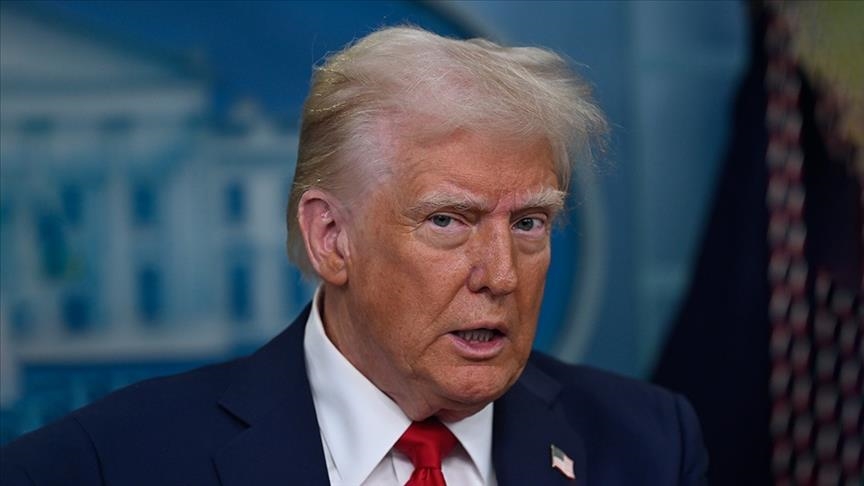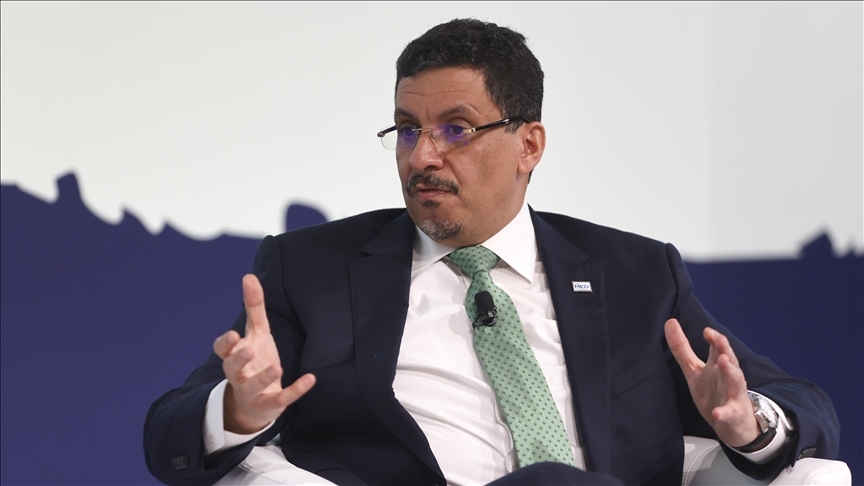Any EU Member could Brake Turkey’s Negotiations
In other words, Turkey faces the possibility of a drawn out and difficult negotiation process.
Since the negotiations are known to be difficult, candidate countries appoint a head negotiator who is extremely familiar with the EU, has political clout, and is preferably multilingual. The final point is not a trivial one, as candidate countries address a new negotiator every six months since the member acting as EU Term President oversees the negotiations.
The EU Commission begins by offering the Union’s negotiations draft. The Commission then maintains close contact with the candidate country so as to prevent problems from occurring during negotiations.
While the Bureau of Enlargement runs these tasks in the Commission, the place where the negotiations take place between the candidate and EU is the General Secretariat of the European Council.
The European Parliament (EP) is kept abreast of the negotiation process, and in the end is the body that approves the accession agreement. Each member country must approve the agreement for it to pass.
In other words, even if Turkey successfully completes the negotiations, any member country could still veto the accession agreement. For instance, French President Charles de Gaulle vetoed Great Britain’s accession twice, in 1963 and 1967, despite it having completed the negotiations.
Most of the member countries approve the candidate’s accession in their own parliament; however, some countries could choose to let the public have the final say by taking the issue to referendum. Opponents of Turkey are especially keen on having Ankara’s membership taken to the public, because as one opponent says, "Turkey’s membership will certainly be refused in a referendum."
French President Jacques Chirac declared last week that the French Constitution would be modified so that the issue of Turkey’s membership could be taken before the French people.
The presentation of a country’s future membership to referendum is nothing new. After French President De Gaulle vetoed Great Britain twice, it went for referendum in 1972 during Georges Pompidou’s presidency. 68 percent of the French populace said "yes" to Great Britain’s membership.
Incoming EU Commission President Jose Manuel Durao Barroso seems to support the idea of referendum for Turkey.



